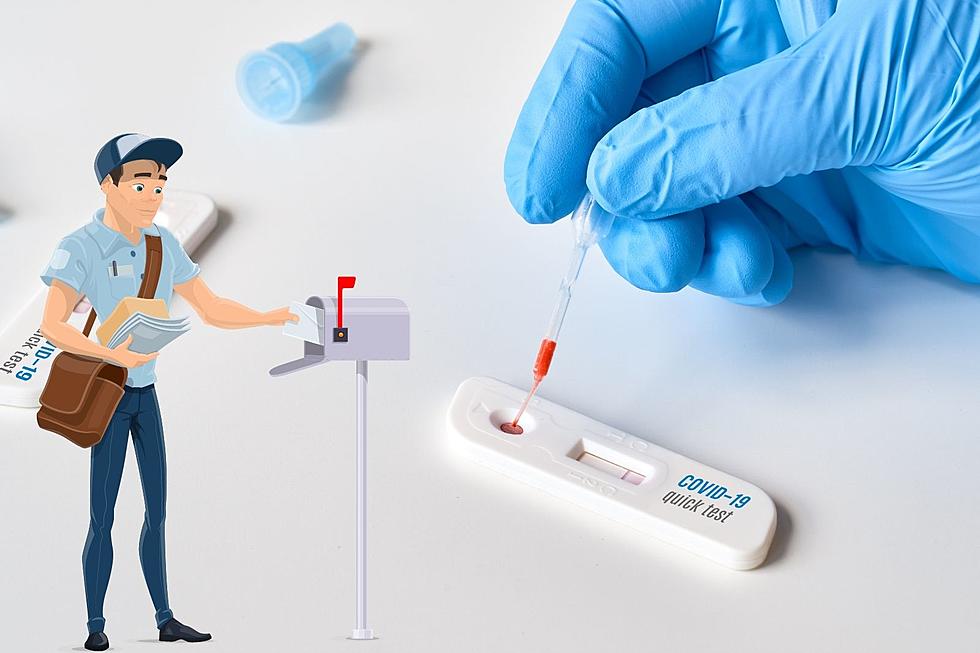
FDA Expands Use of Pfizer’s COVID Vaccine Booster to Children Ages 12-15
As COVID cases continue to surge across the country due to the highly-transmissible omicron variant, the Food & Drug Administration (FDA) expanded its Emergency Use Authorization on Monday to include children between the ages of 5 and 12 among those who are eligible to receive the Pfizer-BioNTech COVID vaccine booster.
Over the past week, the country has seen the daily number of cases spike well past the record numbers being reported last year at this time. The FDA's decision to expand the use of the Pfizer-BioNTech booster is no doubt a move aimed at bringing those record numbers down.
In the statement posted on their website, the FDA said they analyzed "real-world data from Israel" to reassess both the benefits and risks of the expansion and determined the potential benefits of that age group receiving the booster (i.e. avoiding serious illness, hospitalization, and/or death) outweighed the potential risks, which according to the CDC include Anaphylaxis, Myocarditis and Pericarditis, as well as Guillain-Barré Syndrome and Thrombosis with Thrombocytopenia Syndrome, all of which they say are rare.

Only Pfizer-BioNTech For Now
Monday's expansion announcement applies to only the mRNA produced by Pfizer-BioNTech. Boosters for those who received either the Moderna or Johnson & Johnson vaccine are still only approved for those over the age of 18. However, the FDA said they will continue to "review data concerning all available vaccines and will provide additional updates as appropriate."
Boosting Can Be Done Sooner
In addition to the expansion, the FDA also shortened the window of time between when anyone over the age of 12 can receive a booster following their second full dose of the vaccine. Until Monday, the FDA recommended vaccinated individuals wait six months to receive a booster after getting their second full dose of the vaccine. That window has now been shortened to five months. Again, the FDA based its decision on real-world data from Isreal which showed "no new safety concerns" for those who received a booster five months after their second full dose.
Third Dose for "Certain Immunocompromised" Children 5-12
Finally, Monday's expansion announcement also included approval of a third full dose of the Pfizer-BioNTech vaccine for children ages 5-12 "who have undergone solid organ transplantation, or who have been diagnosed with conditions that are considered to have an equivalent level of immunocompromised." The Association says the additional dose is designed to allow those children the "maximum potential benefit from vaccination," which they may not receive from the standard two-dose regimen due to their compromised immune systems.
Schedule a Vaccine or Booster
To schedule a vaccine or booster appointment in Indiana, visit ourshot.IN.gov.
In Kentucky, visit kycovid19.ky.gov.
Illinois residents can sign up through the Illinois Department of Public Health website.
Answers to 25 common COVID-19 vaccine questions
KEEP READING: 15 Natural Ways to Improve Your Sleep
More From WDKS-FM









